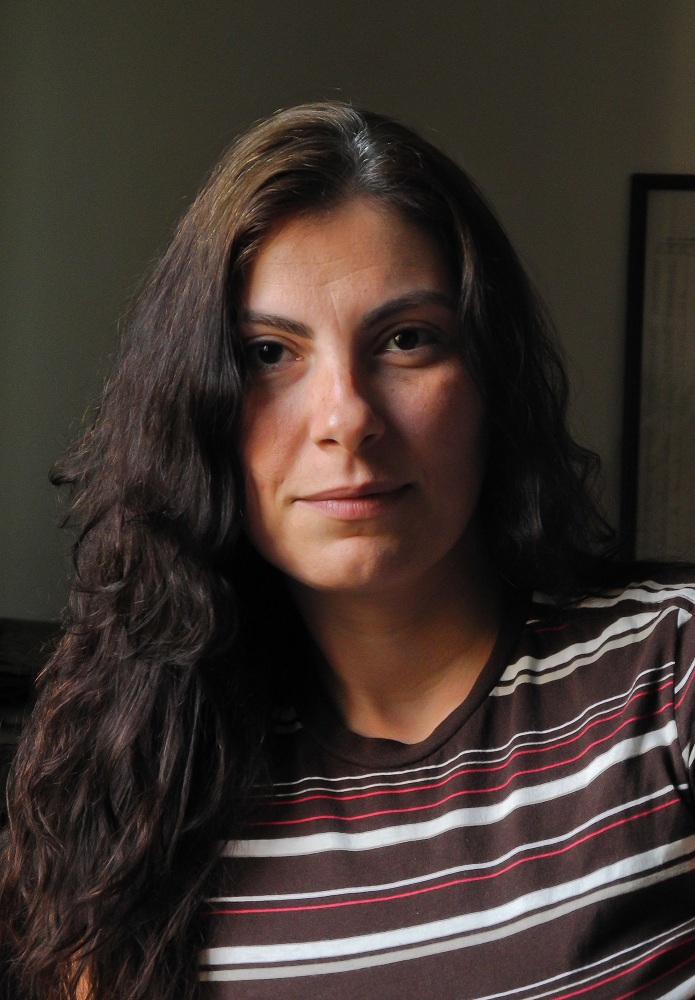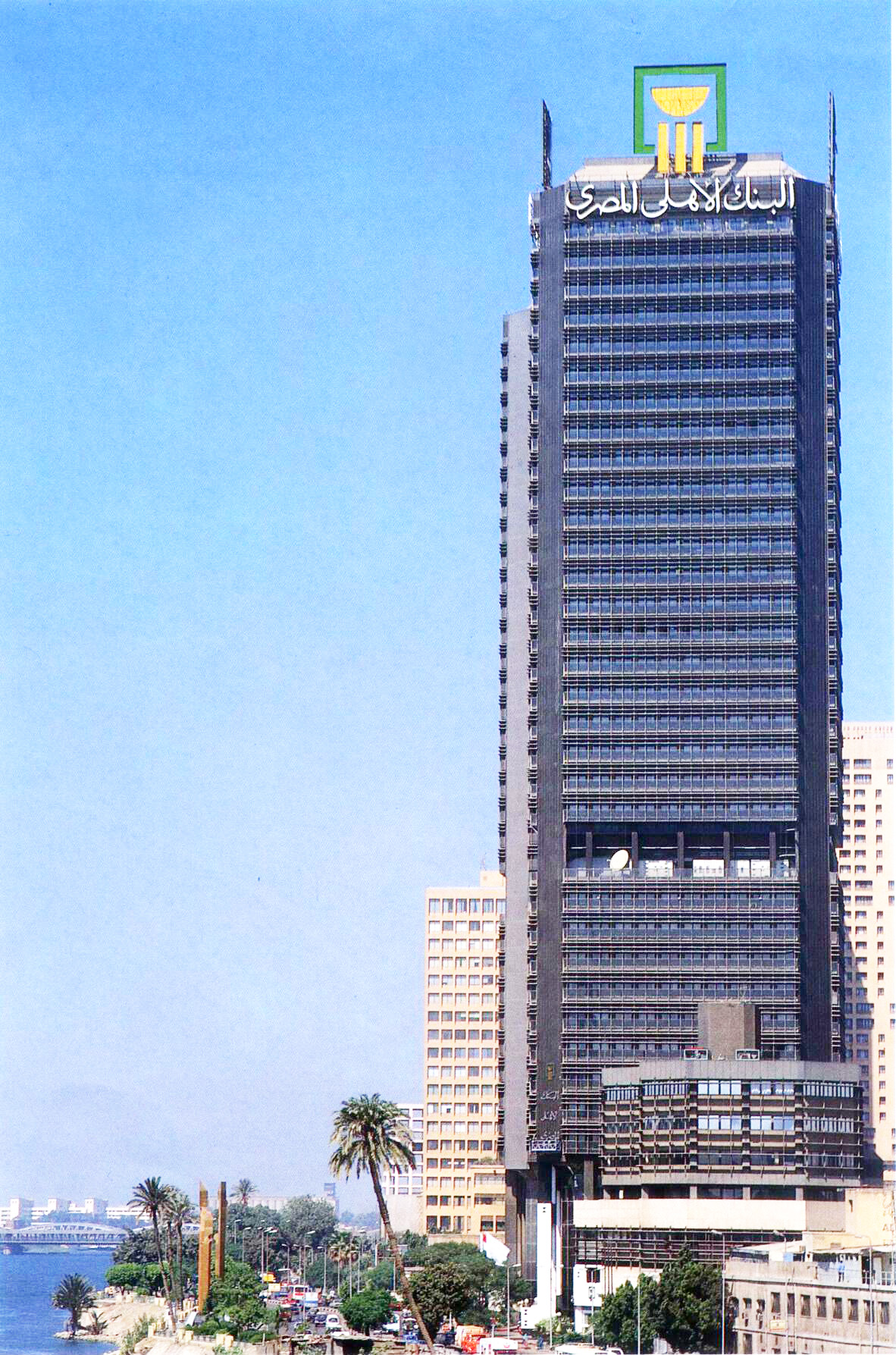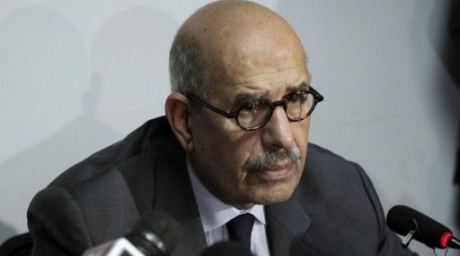
Back in 25 January 2011, the revolutionaries who started the uprising were later joined by the Muslim Brotherhood, who contributed in relatively increasing the number of protesters. But what made all the difference was the participation of what is called “the silent bloc;” after that, the number of people on the streets soared and the regime of former president Hosni Mubarak was brought to the ground. The silent majority which we Egyptians call “Kanaba (couch) people,” are in reality the large group of citizens buried in their own daily struggle to survive and keep afloat in very dire days.
The Kanaba bloc is apolitical, with very simple interests, and its members have sorted out conclusions that are based solely on their own perception. This is the case in every country, and they are the bloc that changes any election’s results. In Egypt, a man with a beard is more likely to win elections. But, as it is everywhere in the world, this bloc changes its moves according to the general state of affairs of their lives. It is that simple: if their lives are unbearable, they will not give you the time of day! These groups constituted the real power of the country; they stood against Mubarak, toppled the regime that made them suffer, and then stayed home.
For two years, we have seen thousands of disparate and small protests with different demands, never able to attract the kanaba public. We have, of course, witnessed the gatherings by Islamists; these were always by almost identical actors. Buses shuttled demonstrators from all over the country to squares, streets, or intersections, as we see now in Nasr City. For over a year, since Islamists started ruling the country, no million-man march or protest occurred; even the relatively large protests against President Mohamed Morsi’s constitutional declaration did not attract the poor or apolitical. What we are witnessing these days is different; not one political or religious group in the country could mobilise these numbers by itself: not the Islamists, not the feloul (ex-regime supporters), not even the Jan 25 revolutionaries (post the 2011 uprising).
When the feloul took to the streets, they were but a paltry few camped by the Mustafa Mahmoud mosque in Dokki, even when Mubarak was still in power. The numbers of Islamists as well as the revolutionaries are known; the real crowd that is on the streets today is the silent majority that has decided to break its silence for a few days.
Despite Brotherhood claims of heavy feloul participation, it is in fact the silent bloc that composes these numbers. This is the majority that was hit by power outages, gas queues, inflation, and an unprecedented rise in prices of basic foods. Perhaps most painful for these people is that their suffering is not for the sake of a national project that elevates the country; all of this hardship only burdens them with more loans, interest, and austerity measures.
Adding to that the deteriorating state of security, traffic and garbage piles, they are not presented with a plan and they see no steps (even baby steps) to lift their daily burdens. They see no light at the end of the tunnel. And on top of all this, there is a group of people who have appointed themselves judges of how religious they are.
Now the questions being asked everywhere outside the revolution squares of Egypt are: What is next? Whom do the protesters want? All these questions remind me of the January 2011 revolution.
Back then, those who took to the streets didn’t have an alternative for the falling president. Nor did the country have a strong opposition, except for the Brotherhood, which, despite its previous status as a “banned” group, entered the elections and won (albeit with conditions set by Mubarak’s regime). What we know now for a fact is that the majority of Egyptians are suffering, and their struggle to live is a disaster. There is no escape but to change course.
Legitimacy rhetoric and electoral process become irrelevant and ineffective when the apolitical, stability-junkies, and the hard-working women raise their voices in every corner in every city in this country, when mothers and their children hold small protests under the buildings where they live, and when a couch is placed in the middle of a street and elderly people sit in protest.
When the silent majority speaks, you would do well to listen.




